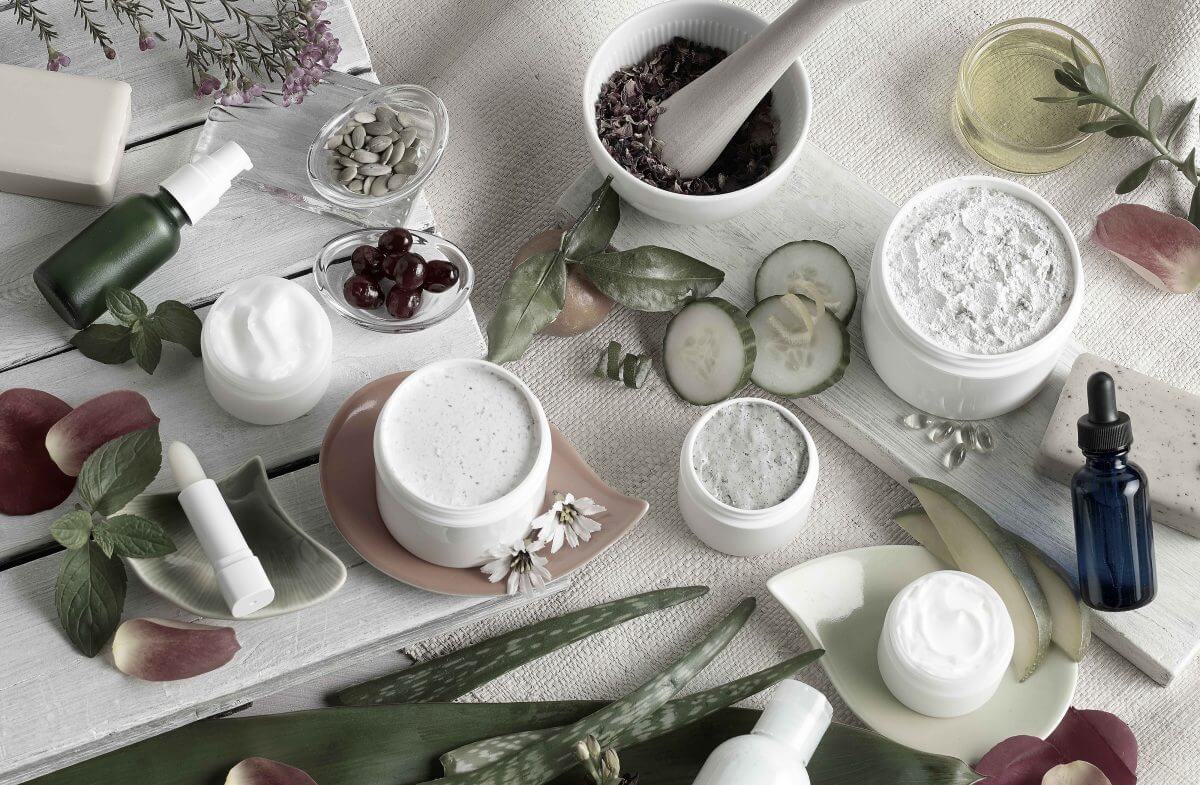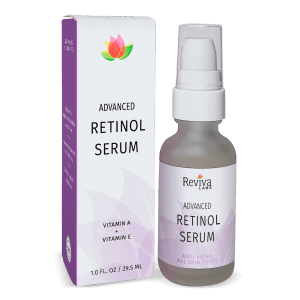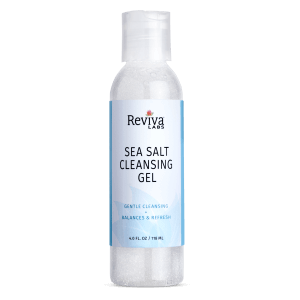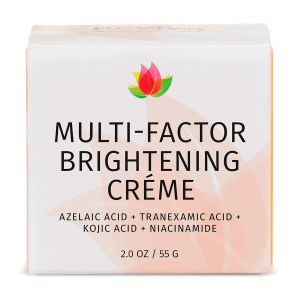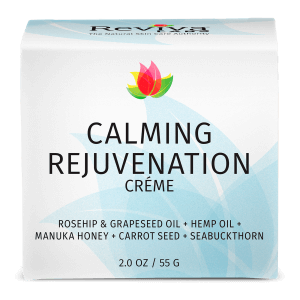-
×
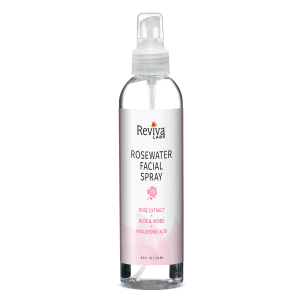 Rosewater Facial Spray
1 × $14.00
Rosewater Facial Spray
1 × $14.00
Vitamin B2
« Back to Glossary Index
« Back to Glossary Index
Vitamin B2, also known as riboflavin, is an essential vitamin that helps the body convert the food we eat into energy. It is also important for maintaining healthy skin and eyes, and helps with red blood cell production. Riboflavin is found in a range of foods, including dairy products, green vegetables, eggs, whole grains, and fortified cereals. A deficiency of riboflavin can lead to anemia, sore throat, and cracked lips.
Vitamin B2 (Wikipedia)
Riboflavin, also known as vitamin B2, is a vitamin found in food and sold as a dietary supplement. It is essential to the formation of two major coenzymes, flavin mononucleotide and flavin adenine dinucleotide. These coenzymes are involved in energy metabolism, cellular respiration, and antibody production, as well as normal growth and development. The coenzymes are also required for the metabolism of niacin, vitamin B6, and folate. Riboflavin is prescribed to treat corneal thinning, and taken orally, may reduce the incidence of migraine headaches in adults.
 | |
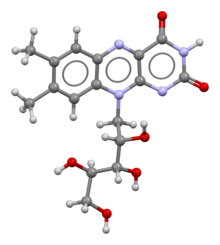 Chemical structure | |
| Clinical data | |
|---|---|
| Trade names | Many |
| Other names | lactochrome, lactoflavin, vitamin G |
| AHFS/Drugs.com | Monograph |
| License data |
|
| Routes of administration | By mouth, intramuscular, intravenous |
| ATC code | |
| Legal status | |
| Legal status |
|
| Pharmacokinetic data | |
| Elimination half-life | 66 to 84 minutes |
| Excretion | Urine |
| Identifiers | |
| |
| CAS Number | |
| PubChem CID | |
| IUPHAR/BPS | |
| DrugBank | |
| ChemSpider | |
| UNII | |
| KEGG | |
| ChEBI | |
| ChEMBL | |
| E number | E101, E101(iii) (colours) |
| CompTox Dashboard (EPA) | |
| ECHA InfoCard | 100.001.370 |
| Chemical and physical data | |
| Formula | C17H20N4O6 |
| Molar mass | 376.369 g·mol−1 |
| 3D model (JSmol) | |
| |
| |
Riboflavin deficiency is rare and is usually accompanied by deficiencies of other vitamins and nutrients. It may be prevented or treated by oral supplements or by injections. As a water-soluble vitamin, any riboflavin consumed in excess of nutritional requirements is not stored; it is either not absorbed or is absorbed and quickly excreted in urine, causing the urine to have a bright yellow tint. Natural sources of riboflavin include meat, fish and fowl, eggs, dairy products, green vegetables, mushrooms, and almonds. Some countries require its addition to grains.
Riboflavin was discovered in 1920, isolated in 1933, and first synthesized in 1935. In its purified, solid form, it is a water-soluble yellow-orange crystalline powder. In addition to its function as a vitamin, it is used as a food coloring agent. Biosynthesis takes place in bacteria, fungi and plants, but not animals. Industrial synthesis of riboflavin was initially achieved using a chemical process, but current commercial manufacturing relies on fermentation methods using strains of fungi and genetically modified bacteria.



